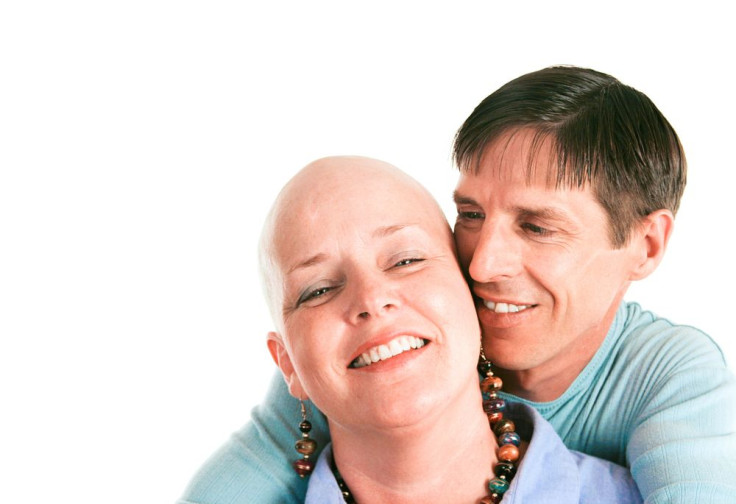Hope For Cancer Patients: US Survivors Will Grow To 19 Million By 2024

Eight million people die from cancer every year, but a new study will lift your spirits. The number of cancer survivors is on the rise, according to the study published in CA: A Cancer Journal For Clinicians. By 2024, scientists say there will be 19 million cancer survivors. More people are overcoming the disease because new technology is detecting cancer earlier and there are new and improved treatments.
“The growing number of cancer survivors in the U.S. makes it increasingly important to understand the unique medical and psychosocial needs of survivors," said Carol DeSantis, MPH, American Cancer Society epidemiologist and lead author of the report, in the press release. "Despite the fact that awareness of survivorship issues has increased, cancer survivors face numerous, important hurdles created by a fractured health care system, poor integration of survivorship care, and financial and other barriers to quality care, particularly among the medically underserved.”
The report describes a cancer survivor as anyone who has been diagnosed with cancer, including patients who are currently fighting the disease as well as those who are now cancer-free. Other survivors are still coping with the physical and psychological effects of the treatment.
Three of the most common cancers affecting men in 2014 were sited in the research as prostate, colorectal (colon or rectal), and melanoma. The most common cancers in women are breast, uterine, and colorectal. Lung cancer remains the leading cause of death among cancer patients.
Over half of the cancer survivors were diagnosed five years ago or a few years earlier, and 15 percent were diagnosed over 20 or more years ago. In the new research, almost half of all survivors are age 70 years or older, and five percent of the all survivors are under age 40.
For cancer survivors, there is a lot to celebrate, but there is still a road to recovery. For some, it takes longer than others. The National Cancer Institute helps survivors cope with temporary and sometimes long-term side effects of treatment. There may be new adjustments in diet and the way you do things. They advise all survivors to follow up with the proper medical care in order to know what lifestyle changes to expect after treatment, including developing a wellness plan.
To reduce risks of a relapse, it is recommended that survivors quit smoking, cut down on alcohol intake, eat healthy, exercise, and stay active. The institute also suggests natural healing approaches such as yoga, prayer, acupuncture, and herbal remedies. All of these approaches will help survivors relax and live stress-free.
Source: DeSantis CE, Lin CC, Mariotto AB, et al. Cancer treatment and survivorship statistics. CA: A Cancer Journal For Clinicians. 2014.



























